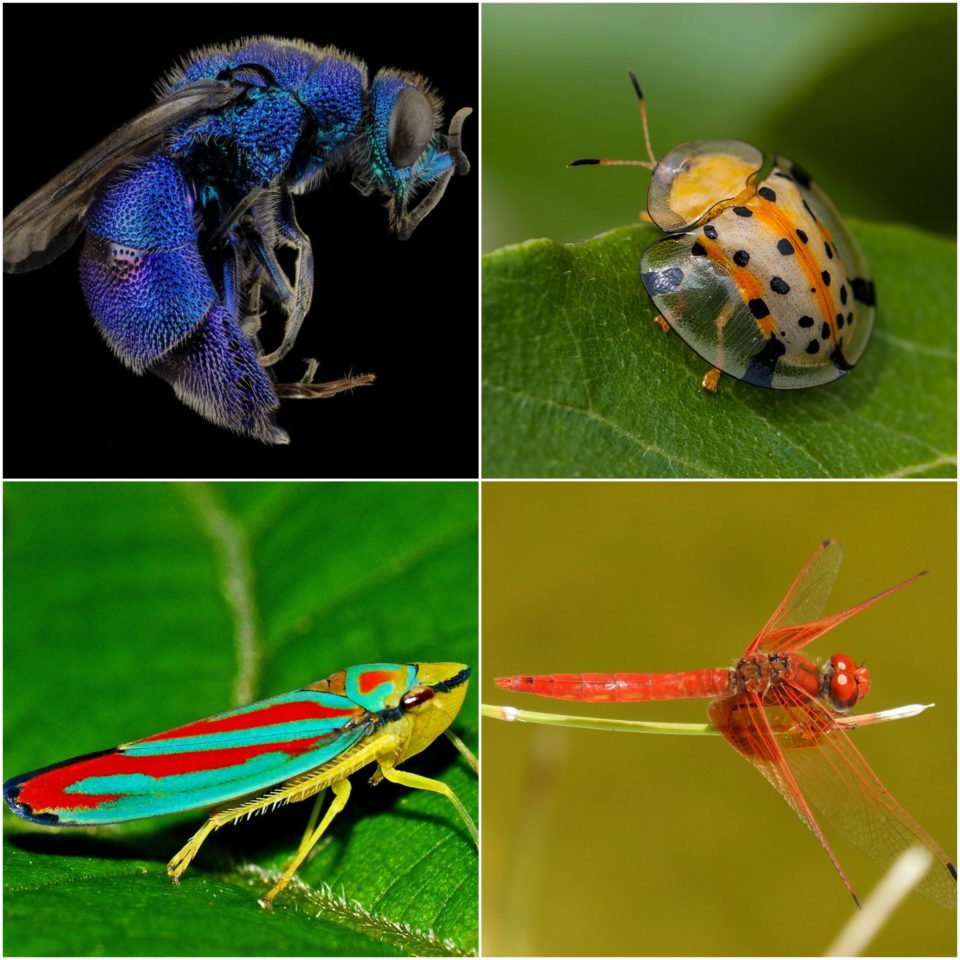Plants are depended on insects. Insects are dependent on plants or other insects. Birds, lizards and other reptiles and amphibians are dependent on insects. Predators are dependent on birds, lizards, or mice. So we could continue until we list the entire food chain. What may happen if the last individual extinct from the insect world?
Experts warn against the possibility of total eradication of insects that would resemble the extinction of dinosaurs millions of years ago. Every year 2.5 percent of the total volume of insects disappears from the world. If it decreases at the current rate, in 100 years the insects will disappear completely from the planet, according to an analysis published in the journal Biological Conservation.
Causes and Consequences
The main cause of insect shrinkage is intensive agriculture, especially pesticide use. Urbanization and climate change also contribute to it. Insects disappear eight times faster than mammals, birds and reptiles, according to The Guardian. More than 40 percent of the species are in decline, a third of them are already in danger.
Unprecedented loss of insect empire over the past 20 years, scientists have attributed primarily to the use of a new class of insecticides that sterilize the soil and kill all the larvae. But the chemicals remain in the soil even after the treated fields are left fallow; they also spread to the surroundings. In Germany, they recorded a record 75 percent loss of insects in protected landscape areas, warns The Guardian.
If the extinction of insect species fails to stop, it will have a disastrous impact on the planet’s ecosystem and human survival. Insects are essential for the functioning of all ecosystems. It serves as food for other species, pollinates plants and recycles nutrients.
Scientists have drawn attention to it in larger animals, which are easier to study. “Unless we change the way we produce food, all insects will be extinct in decades,” the researchers said. They warn that the impact on the planet’s ecosystems will be catastrophic.
No Insects – No Life?
Sánchez-Bayo considers the observed annual loss of 2.5 percent of insect volume over the last 25 to 30 years to be shocking. “It’s very fast. In ten years, insects will be a quarter less, in 50 years half, and in 100 years there will be none,” he predicts.

As a result, animals that feed on insects, such as birds, reptiles, amphibians and fish, will begin to die. “All these animals will starve,” Sánchez-Bayo warns. Plants will also die due to insufficient pollination. Thus the cycle of life on the planet begins to collapse. Survival will then be difficult for humanity.
Watch Your Surroundings
Insect loss can be demonstrated by each observant witness himself by his own observation, the so-called windscreen test. “I recently went on holiday with my family, driving a 700 km car through the Australian countryside. I never had to clean the windscreen of insects,” says Sánchéz-Bayo, an experience shared by many drivers across continents.
“The world must change the way it produces food,” Sánchez-Bayo appeals to the legislators. Land cultivated with natural farming methods contains more insects and the occasional use of pesticides in the past has not led to as radical insect loss as the new class of pesticides in the last 20 years.
Albert Einstein predicted: “If the bee disappeared off the surface of the globe, then man would have only four years of life left. No more bees, no more pollination, no more plants, no more animals, no more man.”
Sources: https://sydney.edu.au/news-opinion/news/2019/02/12/insect-population-faces–catastrophic–collapse–sydney-research.html, https://truththeory.com/2019/07/07/insects-might-die-out-more-catastrophically-than-dinosaurs-scientists-claim/
Credit: pixabay.com, maxpixel.net, commons.wikimedia.org, pxhere.com, pexels.com







